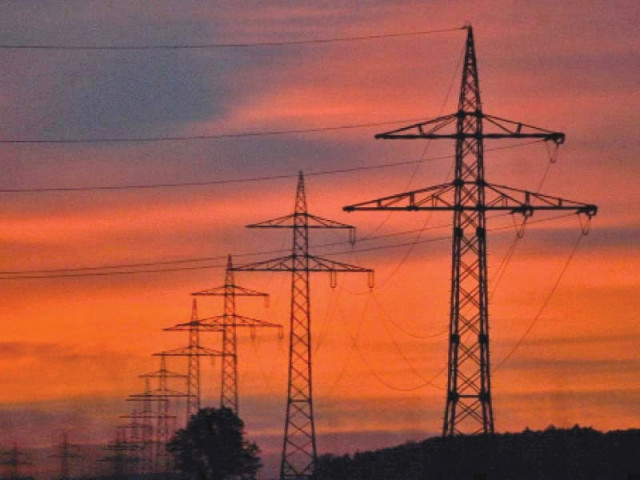Power generation drops 2.4% in Jan amid rising fuel costs
Cost of production surged by 23% due to increased reliance on expensive fuels

Pakistan’s power generation dropped by 2.4% to 8,314 Gigawatt hours (GWh) in January 2024 due to low demand in the system during the winter month. However, the cost of the fuel component in the overall production surprisingly surged by 23% to Rs13.79 per unit due to increased reliance on expensive fuels like imported gas, furnace oil, and diesel.
According to data compiled by Arif Habib Limited, electricity generation decreased by 2.4% in the month under review compared to 8,515 GWh in January 2023.
Despite the low demand in the system, Pakistan increased generation from expensive fuel-run power plants after generation from comparatively low-cost powerhouses declined, including nuclear plants, local coal-fired plants, and local gas-run plants. Production from the cheapest hydropower plants increased on a year-on-year basis but remained relatively low in the month.
While speaking to The Express Tribune, Pak-Kuwait Investment Company’s Head of Research, Samiullah Tariq, stated that production from the cheapest hydropower plants increased by 15.5% to 924 GWh in January on a year-on-year basis.
Production from hydel plants, however, remains low usually in January when the flow of water decreases due to the maintenance of canals.
Production from the second-cheapest nuclear power plants reduced by around 8% to 1,728 GWh in January compared to the same month of the previous year, “apparently due to conjunction on transmission lines taking power from the south to the northern parts of the country,” Tariq said.
He maintained that while nuclear power plants are installed in Karachi (south), production from the plants is utilised primarily in the high-demand areas located in the north of the country.
Besides, production from other cheaper sources like solar and wind also remained low in January compared to the same month of the previous year due to seasonal constraints.
In this backdrop, and to keep the transmission lines working, the government had to increase production from expensive options like furnace oil and diesel.
Read Power generation hits 33-month low
Additionally, higher availability of imported (expensive) LNG in the month allowed the government to utilise the fuel for power generation, pushing the power tariff higher.
AHL stated in a brief comment that during January 2024, actual power generation was 4.7% lower than the reference generation. “This decline in generation is expected to result in higher capacity charges for the third quarter (Jan-Mar) FY23 QTA (quarterly tariff adjustment).”
Tariq explained that the lower production causes an increase in capacity payment, resulting in making power tariffs more expensive for end-consumers.
The research house’s work shows generation on diesel cost (only fuel component) at Rs45.61 per unit in January, while there was no diesel-based production in January 2023.
The fuel cost of furnace oil surged by 22.33% to Rs35.44 per unit in the month compared to Rs28.97 per unit in the corresponding month of the previous year.
The price of imported power surged by almost 28% to Rs32.80 per unit. The cost of production (fuel cost only) through imported gas-fired power plants rose by 11% to Rs24.30 per unit.
The cost of production on local gas shot up by 43.3% to Rs13.75 per unit after the government increased the fuel price for the first time in November 2023. The local gas was made further expensive for different users the second time in February 2024.
The cost of generation through local coal-fired plants surprisingly spiked by 72.3% to Rs11.92 per unit in January compared to Rs6.92 per unit in January 2023.
Nuclear power became costlier by almost 24% to Rs1.33 per unit compared to Rs1.07 per unit this time last year.
Published in The Express Tribune, February 21st, 2024.
Like Business on Facebook, follow @TribuneBiz on Twitter to stay informed and join in the conversation.



















COMMENTS
Comments are moderated and generally will be posted if they are on-topic and not abusive.
For more information, please see our Comments FAQ